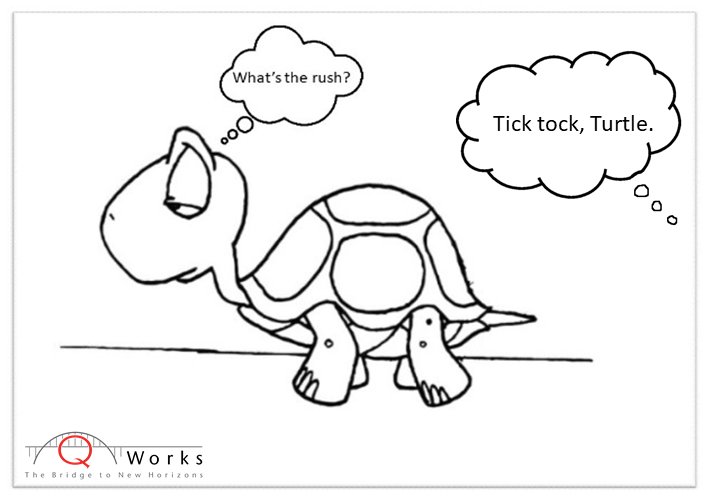Posts Tagged ‘Interview’
Executive Corner – 5 Specific Questions to Ask to Delight and Actually Retain Top Talent
Companies can decrease turnover by implementing the valuable practice of the “Stay Interview” with current employees. Stay Interviews are certainly not a brand-new concept, but the current employment climate has forced companies to consider its relevance in the war for talent. This article is an updated version from the original written in 2018, and some things have changed. The…
Read MoreStop Overlooking (The Most) Highly Qualified Job Candidates!
I’m talking about the, “more experienced, more seasoned, more mature.” Yes, the over 50 crowd! Age discrimination is not a new issue and it impacts nearly every aspect of life in the United States unfortunately, but in the current job market, it is mind boggling why companies are still refusing to give older Americans a…
Read MoreCompanies Identify Top Hiring Challenges
Continuing the conversation around the “Crisis for Talent,” a recent staffing industry survey of nearly 3,000 senior hiring managers identified the top 5 hiring challenges that companies are currently facing in the US (and very likely abroad). Companies continue to add more new jobs yet find themselves struggling to fill the roles. The well-established candidate-driven…
Read More2018 Year-end Recruiting and Hiring Update
As we enter the last 6 – 8 weeks of 2018, we see a somewhat unusual trend for this time of year. Historically, companies are winding down recruiting efforts by this time due to a number of factors, such as finishing up before the holidays roll around. By late November, hiring managers and HR departments…
Read MoreMajor Reason Companies Lose Good Job Candidates: Taking too Long!
This fact cannot be stressed enough; when the interview and hiring process drags on and on, top talent will give up and move on to other opportunities. A candidate-driven market naturally places candidates in the driver’s seat, thus shifting power away from the hiring company. This is especially true when it comes to those hard…
Read MoreHow to Become Your External Recruiter’s Favorite Client
Let’s face it; no relationship is perfect. There needs to be compromise, good communication, support and understanding. This stands true even when you think about working with your external recruiting partner. The Q Works Group has been assisting client companies with recruiting solutions since 2002. What I have noticed since I’ve worked here is that…
Read MoreUnderstanding & Addressing Candidate Motivation
Actively searching for a new job, or considering an out of the blue opportunity, can be a very stressful (exciting, emotional) time in one’s life. The factors that surround deciding whether to accept a new position, or even consider looking for one, vary profoundly based on a candidates’ circumstances and motivation. To be a successful…
Read MoreImpact of Salary History Laws on All States
What do the following cities and states all have in common? California Delaware Massachusetts Oregon New Orleans New York City Philadelphia Pittsburgh Puerto Rico San Francisco They all have, or will soon have, laws on the books preventing employers from asking about job candidate’s salary history. The laws state that companies are prohibited from questioning…
Read MoreDecrease Turnover: Staying Ahead with Stay Interviews
Building on our article last month about Job Hoppers, companies have the opportunity to decrease turnover by implementing the valuable practice of the “Stay Interview” with current employees. This is certainly not a brand-new concept, but the current employment climate has forced companies to consider its relevance in the war for talent. Today, the average…
Read MoreJob Hoppers: Largely Unavoidable yet Surprisingly Embraceable
“Job Hopper” simply stated means a person who changes jobs frequently (typically every 2 – 3 years). Millennials in particular have been pegged as the noncommittal, wandering job-hoppers but a study by the Washington Post determined that millennials are changing jobs slightly less often than their boomer parents did at their age. Regardless of which…
Read More







